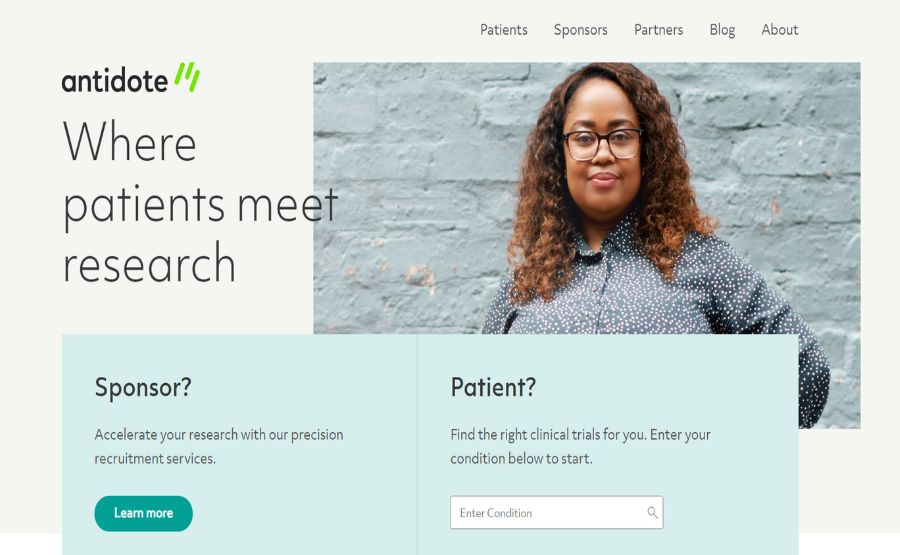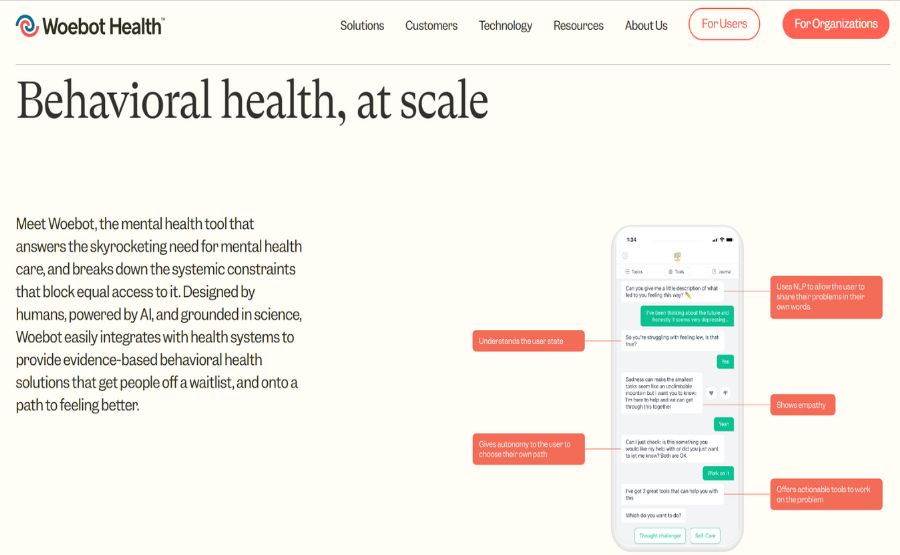1. Personalized Treatment Plans
The era of one-size-fits-all medicine is gradually fading into obscurity, thanks to Generative AI. Today, AI algorithms analyze heaps of data—from genetic information to lifestyle factors—crafting personalized treatment regimens for each individual. For instance, the University of Michigan's Precision Health initiative utilizes AI to tailor cancer therapies, resulting in treatment plans that are as unique as the patients themselves. A study published in Nature Medicine revealed that AI-enabled personalized treatment plans could enhance treatment accuracy by up to 40%.2. Drug Discovery and Development
 In the high-stakes game of drug discovery, Generative AI is the new ace. Traditionally a time-consuming and costly affair, the development of new drugs is getting a speed boost from AI algorithms. Startups like Atomwise leverage AI to predict molecular behavior, expediting the drug development process. Atomwise's AI system screened over 1.5 million compounds in just a few days, identifying promising candidates for diseases like Ebola and multiple sclerosis, a process that would have taken months or even years traditionally.
In the high-stakes game of drug discovery, Generative AI is the new ace. Traditionally a time-consuming and costly affair, the development of new drugs is getting a speed boost from AI algorithms. Startups like Atomwise leverage AI to predict molecular behavior, expediting the drug development process. Atomwise's AI system screened over 1.5 million compounds in just a few days, identifying promising candidates for diseases like Ebola and multiple sclerosis, a process that would have taken months or even years traditionally.3. Medical Imaging and Diagnosis
Generative AI is redefining precision in medical imaging and diagnosis. AI-powered tools, like Google's LYNA, can detect metastatic breast cancer with over 99% accuracy, often identifying subtle signs missed by human eyes. Similarly, Zebra Medical Vision uses AI to read medical imaging and detect various medical conditions, including cardiovascular issues and liver diseases, with astonishing accuracy. This innovation not only enhances diagnostic accuracy but also democratizes healthcare by making expert-level diagnosis accessible to underserved regions.4. Genomic Analysis
At the intersection of genomics and AI lies the promise of breakthroughs in understanding and treating complex diseases. Companies like Deep Genomics use AI to decipher the vast and intricate language of the human genome, paving the way for personalized medicine. By predicting how genetic mutations can lead to disease, Generative AI is not just illuminating the path to understanding our genetic blueprint but also revolutionizing the way we approach gene-based therapies.5. Clinical Trial Research
 Generative AI is streamlining the once labyrinthine process of clinical trial research. AI platforms like Antidote match patients with relevant clinical trials, increasing the efficiency and effectiveness of trial recruitment. Meanwhile, AI algorithms predict trial outcomes, optimize protocols, and ensure diverse and inclusive participant representation with up to 89% accuracy, thereby enhancing the quality and speed of medical research.Moreover, this technological intervention is particularly pivotal in rare disease research, where AI's ability to identify and recruit suitable trial participants from smaller patient pools can accelerate the development of much-needed therapies.
Generative AI is streamlining the once labyrinthine process of clinical trial research. AI platforms like Antidote match patients with relevant clinical trials, increasing the efficiency and effectiveness of trial recruitment. Meanwhile, AI algorithms predict trial outcomes, optimize protocols, and ensure diverse and inclusive participant representation with up to 89% accuracy, thereby enhancing the quality and speed of medical research.Moreover, this technological intervention is particularly pivotal in rare disease research, where AI's ability to identify and recruit suitable trial participants from smaller patient pools can accelerate the development of much-needed therapies.6. Healthcare Operations Optimization
The administrative backbone of healthcare is receiving a much-needed AI upgrade. AI-driven systems optimize hospital operations, manage patient flow, and predict patient admission rates, ensuring that healthcare resources are used effectively. For instance, the command center at Johns Hopkins Hospital, equipped with an AI predictive analytics tool, has reduced patient transfer times by 60%. This operational efficiency directly translates into better patient care and reduced healthcare costs. Moreover, such advancements enable healthcare providers to focus more on patient care and less on administrative tasks, thereby improving the overall quality of healthcare services.7. Remote Patient Monitoring
Generative AI extends the reach of healthcare beyond hospital walls, enabling remote patient monitoring and telehealth services. Wearable devices powered by AI monitor vital signs and alert healthcare providers about potential health issues before they become critical. Companies like Current Health and Biofourmis' AI system were shown to reduce hospital readmissions by 45%, showcasing the significant impact of AI in remote patient care. Additionally, this technology fosters a proactive healthcare environment, empowering patients to actively participate in their health management and enjoy a higher quality of life through timely interventions and personalized care.8. AI in Mental Health
 In the domain of mental health, Generative AI is a beacon of hope. AI-driven platforms, such as WoeBot and Talkspace, offer cognitive behavioral therapy and counseling services, providing support to those who might not have access to traditional therapy. Furthermore, AI is instrumental in analyzing speech and writing patterns to detect early signs of mental health issues, enabling timely intervention and support. This technological advancement not only democratizes mental health care but also paves the way for a more nuanced understanding of mental health conditions, facilitating personalized and effective treatment strategies.
In the domain of mental health, Generative AI is a beacon of hope. AI-driven platforms, such as WoeBot and Talkspace, offer cognitive behavioral therapy and counseling services, providing support to those who might not have access to traditional therapy. Furthermore, AI is instrumental in analyzing speech and writing patterns to detect early signs of mental health issues, enabling timely intervention and support. This technological advancement not only democratizes mental health care but also paves the way for a more nuanced understanding of mental health conditions, facilitating personalized and effective treatment strategies.







How Generative AI is Transforming Healthcare: 8 Key Innovations
In healthcare, a quiet revolution is unfolding, powered by the engines of Generative Artificial Intelligence...
Share this link via
Or copy link